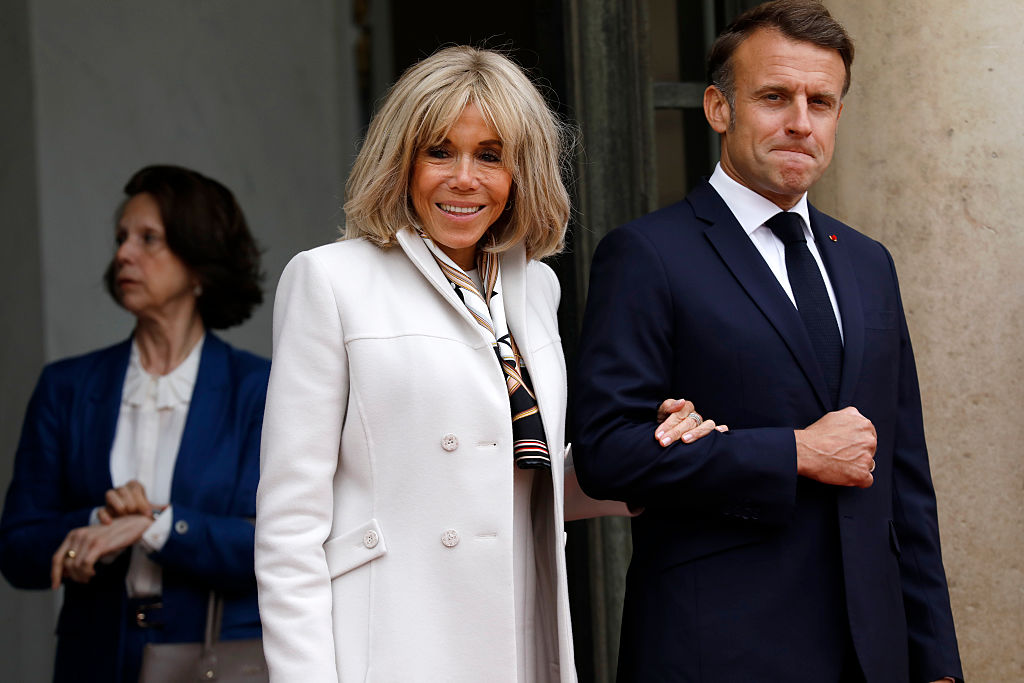A group of 16 Republican lawmakers in the US Congress, led by Representative Claudia Tenney, have put pressure on Ireland over its proposed Occupied Territories Bill, which seeks to ban imports from Israeli-administered territories.
In a recent letter addressed to US Treasury Secretary Scott Bessent, Tenney and her colleagues called for a formal investigation into whether Ireland’s planned embargo of Israeli goods violated US anti-boycott laws.
The letter warned that Ireland’s policies “not only promote economic discrimination but also create legal uncertainty for US companies operating in Ireland”.
“Ireland’s proposed boycott is a blatant attempt to isolate and delegitimise Israel on the world stage,” Tenney said in a statement. “This proposed boycott is discriminatory, dangerous and would violate US law.”
The lawmakers have urged the US Treasury Department to use its authority under Section 999 of the Internal Revenue Code to review Ireland’s actions.
If found in violation, Ireland could be added to a blacklist of countries that participated in boycotts against the US or its allies.
Being placed on this list would trigger special tax reporting requirements and penalties for US businesses operating in the country.
It may also limit certain tax benefits and discourage US investors from engaging with Ireland, potentially damaging its foreign investment and bilateral trade.
Despite mounting US pressure, though, the Irish Government has stood firm.
US-owned multinationals, particularly in the technology and pharmaceutical sectors, employ about 11 per cent of Ireland’s workforce, the result of decades of Irish governments prioritising foreign investment, jobs and corporate tax revenue.
On August 1, the Irish Department of Finance warned business groups that US tariffs could result in about 70,000 fewer jobs being created in Ireland over the next five years.
The country’s goods trade surplus with the US hit a record €50 billion in 2024, driven largely by soaring pharmaceutical exports.
The focus of US President Donald Trump’s trade policies has been on reducing US goods trade deficits that could directly impact Ireland’s export-driven economy.
Ireland’s foreign affairs Minister Simon Harris has reaffirmed the government’s commitment to pushing forward with the Occupied Territories Bill.
“People in Ireland, in Europe and right across the world feel extraordinarily strongly about the genocidal activity that we’re seeing in Gaza, about the starving children”, he told reporters on August 8.
“We will use all tools at our disposal. It’s not a surprise that some seek to distort or misrepresent our proposed action.”
Tenney stressed, though: “The Treasury Department has the duty to enforce the law, protect American businesses, and hold countries accountable when they promote foreign boycotts against our allies.”
Ireland is not the only European country taking trade actions against Israel.
On August 6, Slovenia banned all imports from Israeli settlements in the occupied Palestinian territories.
This was not the first time Ireland has been subject to US threats.
Washington has previously accused the European Union of using its online regulations to muzzle US interests and has actively lobbied against the Digital Services Act (DSA), warning that US tech companies could even withdraw from the European market.
Several of the largest US technology companies, including Google, Meta, Apple and Microsoft, base their European headquarters in Ireland.
These firms were now facing strict obligations under the EU’s online safety regime, with Ireland playing a key role in enforcing rules on illegal content and disinformation across major internet platforms.





